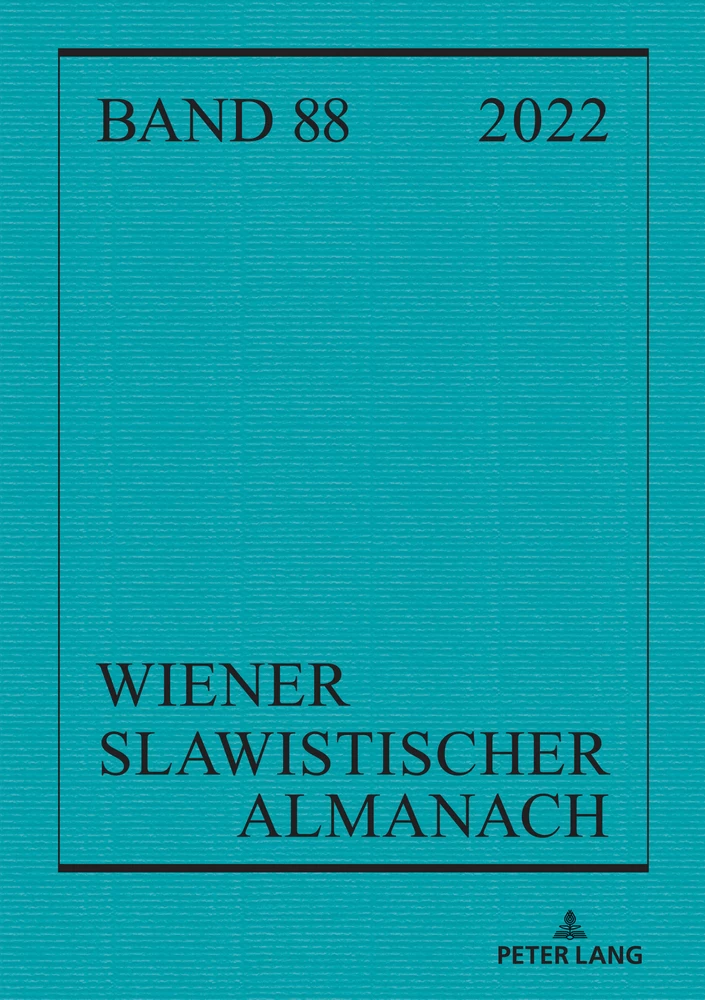Гендерная лексикография: формирование нового направления (словари феминитивов русского и украинского языков)
Veröffentlicht am 08.03.2023
Schlagwörter
- gender lexicography,
- dictionary of feminitives,
- dictionary of stereotypes of female linguistic consciousness,
- quasi-dictionary
Abstract
New female nominations require lexical innovation. The publication of Russian and Ukrainian dictionaries of feminitives shows that a new area has emerged in modern lexicography: lexicographic lingua-genderology or gender (feminine) lexicography. Its goal is the lexicographic documentation of samples of feminine nominations along with the popularization of characteristic word-formation models, linguistic forms that affect public linguistic thinking. Gender (feminine) lexicography is represented by dictionaries based on two types of lexical production: (1) explanatory dictionaries of terms for denoting women (feminitives) and (2) explanatory dictionaries of stereotypes of female linguistic consciousness. However, these two dictionary types do not exhaust all the possibilities of the emerging field of gender lexicography. In this regard, we trace the emergence of quasi-dictionaries, created chaotically, as a tribute to fashion. Figuratively speaking, a quasi-dictionary is ‘what you get without creating what should have been’; it is a dictionary characterized by an imaginary quality, which does not correspond to recognized standards, and lacks both a methodological base and clear lexicographic principles.

